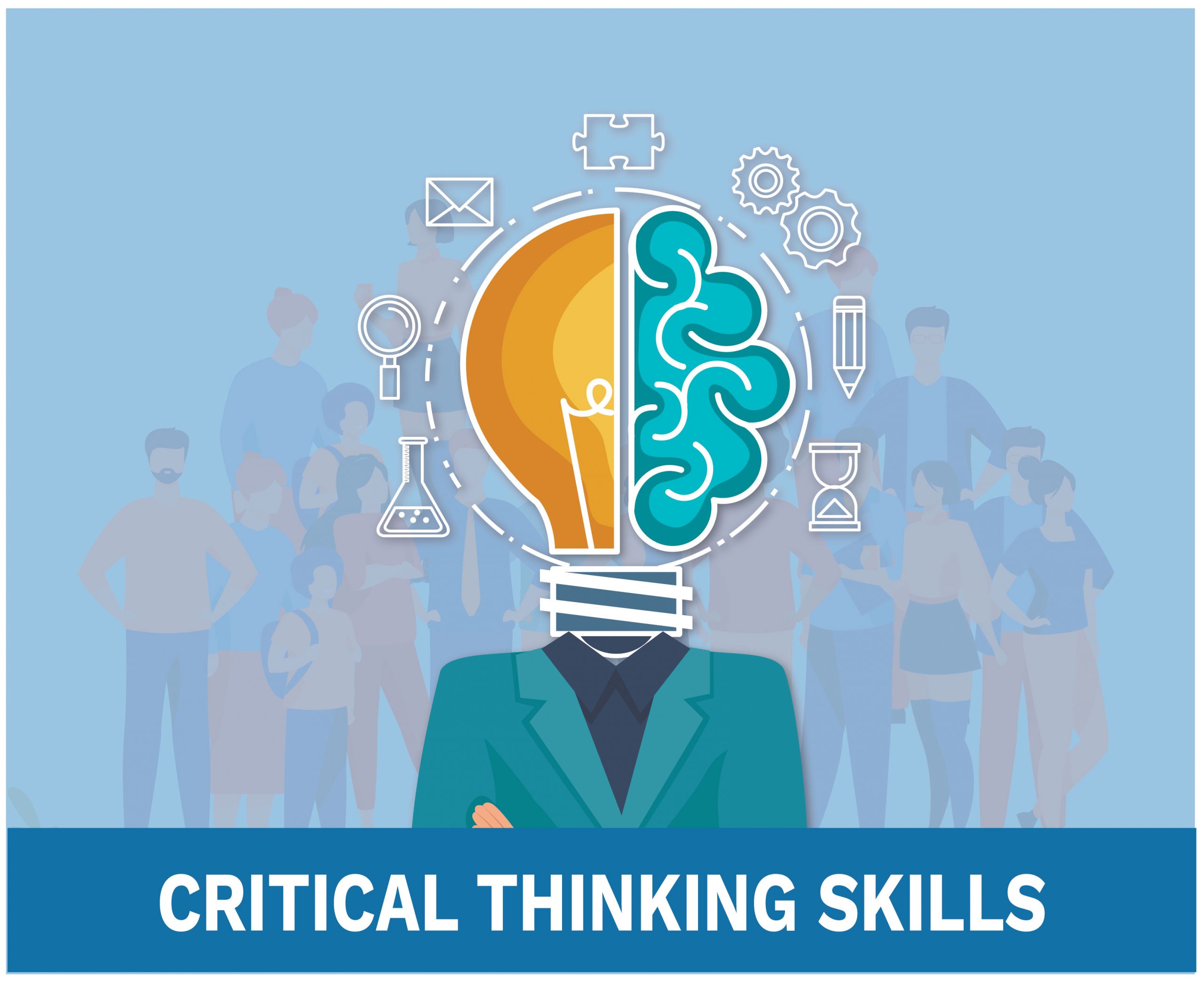While critical thinking skills may be taught in class, they are rarely directly taught. They may be incorporated into various lessons and activities, but there are no classes specifically designed to teach critical thinking. For this reason, teachers of all subjects must find ways to incorporate critical thinking into their lessons. Listed below are some suggestions for teachers who want to develop critical thinking skills in students. Listed below are some of the best ways to do this.
Open-ended questions
There are a variety of ways to foster critical thinking in students. Open-ended questions are an excellent choice for this purpose. Unlike closed-ended questions, which only allow students to answer a single question, these questions are not intended to lead students to think. They are also known as factual or observation questions, and they can be modified to allow for more varied responses. By using this type of questioning technique, you can encourage students to discuss a wide variety of ideas and communicate their reasoning processes.
Socratic discussions
Socratic discussions are a valuable way of developing critical thinking skills in students. The purpose of this type of discussion is to encourage students to think deeply about the information they are receiving and to justify their answers. The dialogues that occur through socratic questions are usually a collaborative effort and encourage students to use different interpretations of the content. The following is an example of a socratic dialogue that you might want to consider using in your classroom.
Written tests
A written test to develop critical thinking skills in students can be used to measure student learning. A written test can help students develop critical thinking skills by asking them to explain why they chose a particular answer. A test such as the PISA requires students to analyze a complex word problem or a piece of text. Written tests to develop critical thinking skills in students are administered by the OECD, which designs international tests. The PISA test is given in 70 countries every three years and enables nations to compare education systems.
Project-based learning
Project-based learning can be an effective way to develop critical thinking skills in students. One study found that 85% of the class was capable of critical thinking, and 17 of these students showed improvement from the previous cycle. The remaining students were either beginning to develop critical thinking skills, or had not improved enough to meet the level of proficiency that was required. This study provides a model for integrating project-based learning with critical thinking skills.
Brain teasers
Use Brain Teasers to build critical thinking skills in your students. They are a great way to kill time while developing critical thinking skills. Brain teasers give children a great challenge and the satisfaction of figuring out a problem keeps them coming back for more. Here are some examples of brain teasers for students to try:
Essays
Critical thinking is the process of analyzing, comparing, and evaluating information. The ability to think critically is useful in many different aspects of life, including decision-making and communication. There are many benefits to critical thinking, including the ability to avoid biases and remain open-minded. For example, critical thinking can improve a person’s communication skills and help them better understand the world around them. Regardless of the field of study, critical thinking will help an individual make better decisions.

